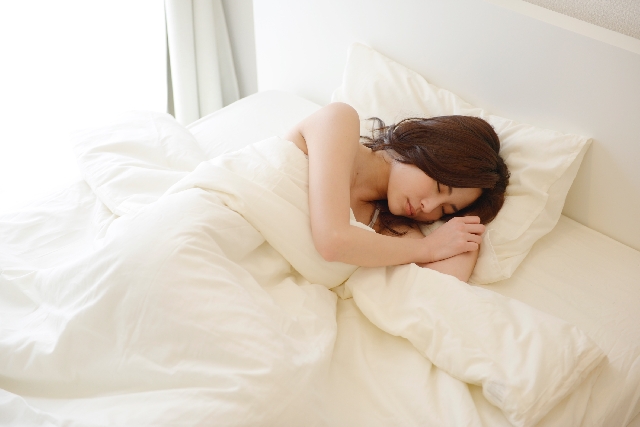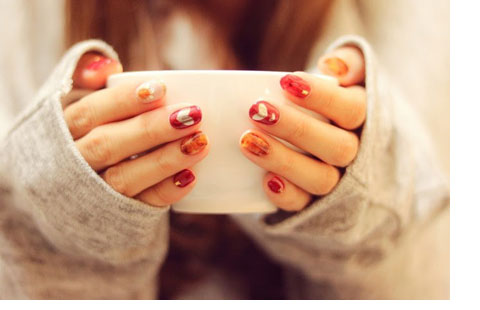Does Just Sleeping Well Rejuvenate You?

Do you find that your skin feels rougher and makeup is harder to apply when you have not had a good night’s sleep? In fact, sleeping soundly plays a very important role in promoting beautiful skin.
What is the connection between sleep and the skin?
Why is sleep important for your skin? The reason is that the process of skin replacement, called “turnover,” is at its most active state while you are asleep.
Turnover is the process by which new cells that form deep in the skin are gradually forced upwards, reach the surface in about four weeks, and are shed once they are no longer useful. If this cycle is delayed, it can result in damage to the skin or the accumulation of melanin, thus causing age spots and wrinkles. The driver of this turnover process is growth hormone (GH), which is mainly secreted while you are asleep.
Conversely, the reason why you suffer from bad skin when you don’t sleep properly is disruption of the hormone balance. Secretion of the “female hormone” estrogen is reduced, and the skin dries out and loses its bounce. In addition, the reduction in female hormones also causes a delay in turnover. To keep your skin beautiful, it is very important to get enough sleep for the two hormones, GH & estrogen,to be secreted.
When it comes to sleep, quality is more important than quantity!
In general, the period between 10 pm and 2AM is considered as golden time for the rebirth of the skin. During this time, large quantities of growth hormone are secreted and skin turnover is at its highest rate. Essentially, this is the best time to get some sleep, but this can be difficult in practice. At such time, the first 3 hours of sleep play the important role.
During sleep, you experience four to five cycles of light REM sleep and deep non–REM sleep. Growth hormone is known to be produced in large quantities during non-REM sleep in the first three hours. If you find yourself going to sleep later or sleeping irregularly, you should get into the habit of sleeping soundly for the first three hours.
How to achieve deep sleep?

– Drink a cup of warm milk before bed
Caffeine and alcohol stop you sleeping or make you sleep less soundly, so you should avoid caffeinated and alcoholic drinks before bed. Warm milk is recommended. The tryptophan contained in milk is known to help people get to sleep. The same is true of for glycine found in large quantities in collagen and gelatin.
– Reduce the brightness in your room before bedtime
Avoid using a TV or computer before sleep. Strong light stimulation to the brain and makes it harder to get to sleep. Do you play with your smartphone on the bed after turning off the lights? The screens of these devices also produce strong light, so it is better to avoid using them.
– Relaxing sounds and aromas
If you are relaxed mentally and physically before going to bed, it will be easier for you to get to sleep. Find a way of relaxing that suits you, such as soothing music, pleasant aromas or light stretching. Furthermore, comfortable, breathable nightclothes and bedding should also prove very relaxing.
Changing your behavior just a little can considerably improve the quality of your sleep. Think again about what you do before going to bed to help create an environment that promotes good skin.

